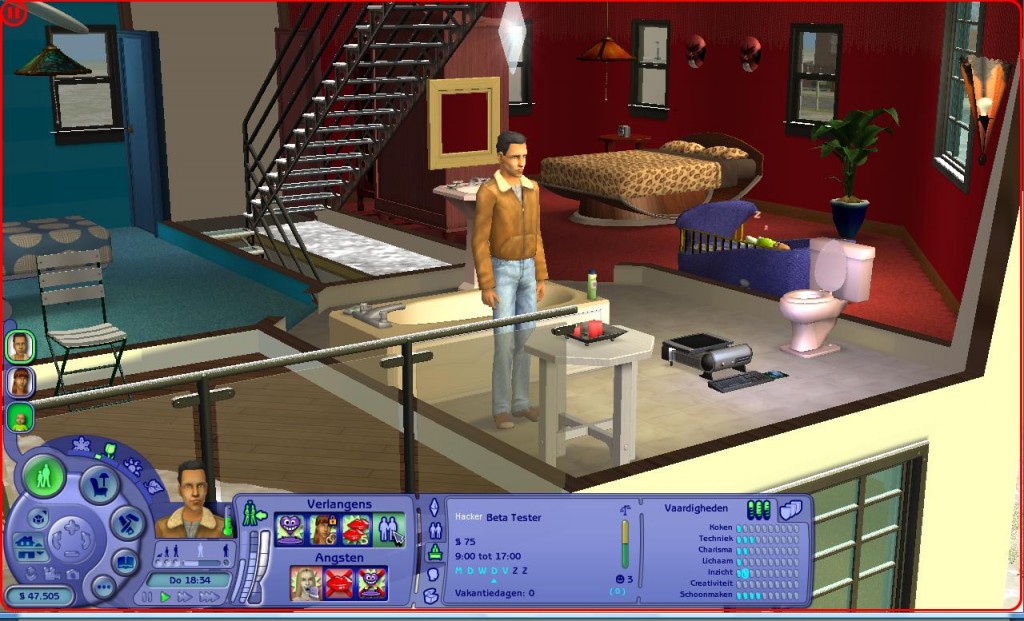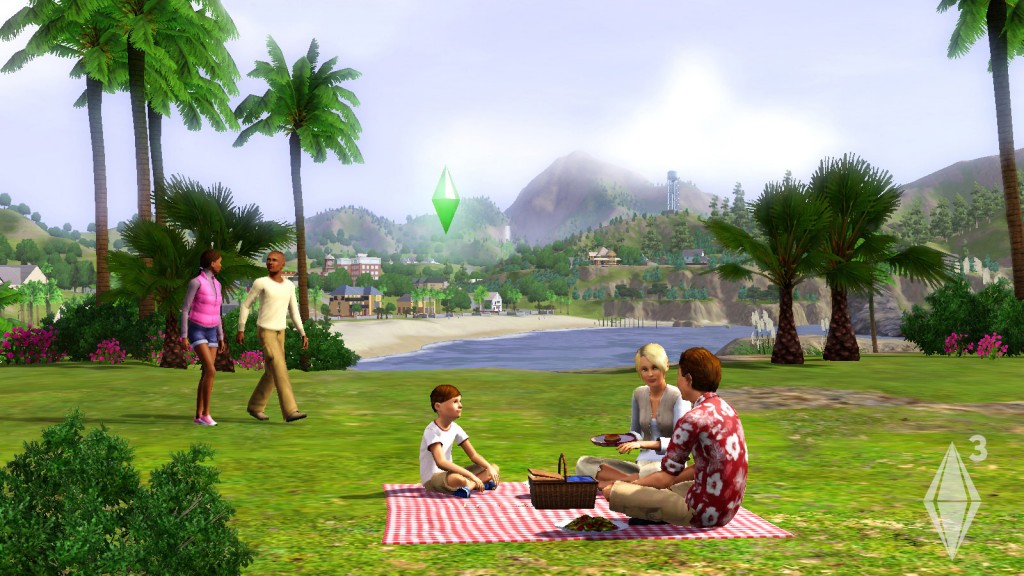We went back to talk about virtual property, using the example article about a Chinese gamer being sentenced for life for stabbing another gamer, who stole and sold his Dragon Sabre sword, to death. The discussion revolved around the basic question: are virtual properties real properties, protected by law, or simply bits and data?
Without further elaboration, of course the above question seems unclever, because the answer is: it depends.
The argument went both ways with equally convincing reasons:
Intuitively, the Dragon Sabre sword was absolutely Qiu’s (the perpetrator) private property because he actually invested his time and even money in order to acquire the virtual weapon. However, one could also say that it’s just data and bits in the online game. As a matter of fact, when a gamer signs up for an account with the gaming company, it is often included in the License and Agreement contract that the company has complete access and rights to the data created by gamers. In an extreme case, if the company is shut down or runs into technical glitch that causes the loss of data, gamers cannot sue the gaming company for any monetary compensations for their virtual accumulations. This means, the virtual properties are fundamentally not gamer’s genuine properties at all.
There was also an argument that operated on a hypothesis that, if Qiu was a programmer and he created the Dragon Sobre, he must have the sole ownership of the property. Nevertheless, the sword was created on the gaming company’s framework, so one could easily disregard Qiu as the property owner.
We went on to listing some of the virtual properties to gain more insights of the matter. Examples of them can be: emails, cloud data, media, photos, music, videos, e-books; frequent flyer miles, stocks & investment, domain names, and so on.
An example of virtual property that turns monetary is Gold farming activity. It started with the massively multiplayer online role-playing games such as Ultima Online and Lineage, where players have to do certain tasks to accumulate in-game currency in order to upgrade or purchase in-game items. Such is a tedious job that real players “hire” other players to “farm gold” and pay them in real money. Although many gaming companies have banned exchanging in-game currency for real-world cash among players because it’s deemed cheating, the job is indeed so lucrative that many players in developing countries, especially China, have taken it as their full-time employment. This example explicitly shows that such activity is largely considered fair exchange, and thus blurs the line between real and virtual currency.
Another example is Second Life online simulation game. Players can build their own virtual world in the game by creating an avatar, dressing it up, buying clothes, and later buying real estates, building houses, landscapes, and so on. The more creative players get, the higher the demand for programmers to create requested items (e.g. simulate existing landmarks, castles, tourist destinations, etc.). Those items are frequently bought and sold on Second Life marketplace. They even have a virtual NASA Jet Propulsion Lab on Second Life:
An interesting anecdote that shows the concerns over virtual property is e-book checkout service at public libraries. Unlimited e-book checkouts (though with expiry each time) has been speculated to put the printing industry to a huge disadvantage compared to e-publishing. The reasons are simple: libraries don’t have to worry about their e-books being worn out, or high demand for a popular title that requires them to stock up more copies of a physical book. Unlimited checkout means patrons can renew an e-book over and over, forever. Such is a tremendous reduction in libraries’ cost. So lately, the publisher Harper Collins has announced a 26 checkout limit on e-book loans, which means after an e-book has been checked out 26 times, the libraries have to renew the license of that e-book. This act is apparently intended to bring the cost of loaning e-books equivalent to that of physical books, to avoid the over-advantage of e-publishing that can lead to the peril faced by traditional publishing.
We also pondered a moral question: is it OK to pirate something that you already paid for, though in a different form? For example, if you already owned a library of paper books from Amazon, and now you’ve just purchased a Kindle, why can’t Amazon just send you all the electronic copies of all the books you’ve purchased? Or if you bought a music CD, is it legit to just download/copy their mp3 from a friend, since you have paid for all the songs anyway? Obviously, the current state of copyright regulations would not allow that, so it leaves multi-media consumers perpetually frustrated.
Relevant news: The Congress has recently introduced a PROTECT IP Act, also known as United States Senate Bill S.968, focusing on seriously combating websites that facilitate copyright infringement. The bill also enforces the elimination of websites and web servers registered overseas. If reported, though not brought to court, the website will be blocked access, stopped from gaining revenues, and roughly speaking, sentenced an Internet death penalty. “The bill is supported by copyright and trademark owners in business, industry and labor groups, spanning all sectors of the economy. It is opposed by numerous businesses and individuals, pro bono, civil, human rights and consumer rights groups, and education and library institutions.” (Wikipedia)
Finally, we touched on the Twitter article, with the focus on hashtag, the # sign. For those who are not familiar with Twitter, the hashtag # is a type of keyword, category tag that is embedded in a tweet so that other people can search for or use it to read other related tweets, e.g. #cs407. But from the article, we could see that most people use hashtag for sarcasms, or in other words, use # to tag something that is completely opposite to what the hashtag says.
Reference:
Protect IP Act. (n.d.). In Wikipedia. Retrieved November 16, 2011, from http://en.wikipedia.org/wiki/Protect_IP_Act




